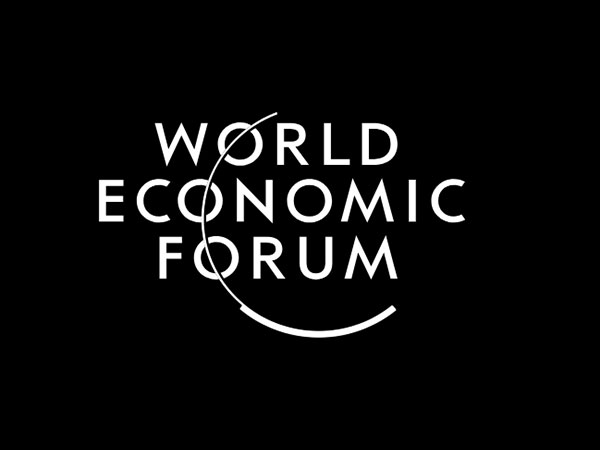Future of Work: Navigating Job Disruption and Skill Gaps by 2030
The World Economic Forum predicts significant job disruption by 2030, with a net increase of 78 million jobs. Skill gaps, especially in AI and human skills, pose challenges. The report urges collaboration among governments, businesses, and education to bridge these gaps and prepare for the fast-evolving job market.

The World Economic Forum (WEF) has forecasted significant job disruption by 2030, stating that 22% of current jobs will be affected. In its 'Future of Jobs Report 2025', released on Tuesday, the WEF projects 170 million new jobs alongside the displacement of 92 million existing roles, resulting in a net growth of 78 million jobs.
Drawing on data from over 1,000 companies, the report highlights skill gaps as a primary barrier to business transformation. Approximately 40% of current job skills need revision, with 63% of employers identifying inadequate skillsets as a key challenge. Alarmingly, 59 out of every 100 global workers may require reskilling or upskilling, yet 11 might not receive it, putting over 120 million workers at medium-term redundancy risk.
The analysis suggests that demand for technology skills, particularly in AI, big data, and cybersecurity, will increase. However, human skills like creativity and adaptability remain crucial. A blend of technology and human skills is essential as technology reshapes job markets. Frontline jobs in care and education sectors are expected to experience significant growth by 2030, driven by demographic trends.
Till Leopold, Head of Work, Wages and Job Creation at WEF, notes that trends like generative AI are creating both opportunities and risks in labor markets. He emphasizes the need for businesses and governments to collaborate on skill investments to build a resilient global workforce.
The report anticipates higher demand for frontline roles such as farmworkers and delivery drivers by 2030, and significant growth in care jobs due to demographic shifts. Advances in AI and renewable energy are expected to drive demand for specialists in these fields. Conversely, roles like cashiers and administrative assistants face significant decline, joined by graphic designers as AI reshapes the workforce.
With AI transforming business models, 77% of employers plan to upskill workers, although 41% anticipate workforce reductions due to automation. The WEF stresses the need for urgent collective action from governments, businesses, and educational institutions to address skill gaps and create pathways to fast-growing job opportunities. The World Economic Forum Annual Meeting 2025 will convene global leaders from January 20 to 24 in Davos-Klosters, themed 'Collaboration for the Intelligent Age'.
(With inputs from agencies.)
ALSO READ
Himachal Pradesh sees relief from snowfall, aids horticulture and agriculture
Maharashtra: Child dies after being hit by airbag in Vashi car accident
"Flights that are not CAT III compliant might get affected": Delhi airport issues advisory
Two Palestinian men killed in Israeli airstrike on Tulkarm
An Azerbaijan Airliner has crashed in the Kazakhstani city of Aktau, reports AP.










